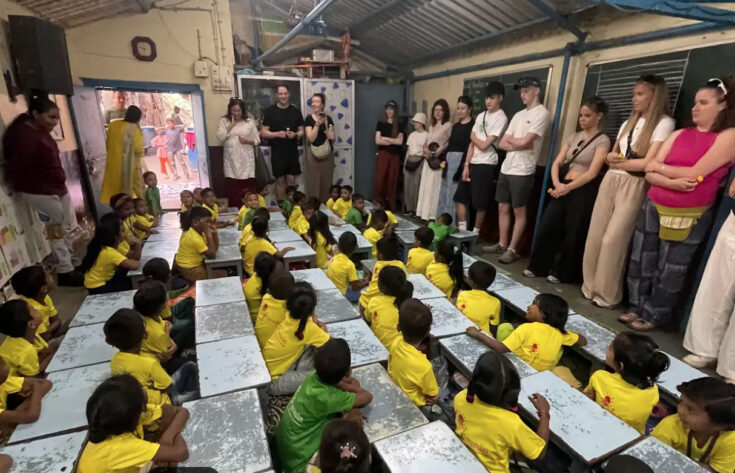Health and Social Care BTEC
Health and Social care is a growing sector as the demographics continue to change and people are living longer. In Health & Social care, we focus on important aspects of working with people such as developing professional relationships and equality, diversity and rights. Understanding the numerous ways to keep ourselves and others safe in our care and developing a solid foundation of the workings and mechanics of the human body. Essentially, learning to care for others with compassion, empathy and respect.

The course is made up of 6 units in total and is the equivalent of 1 A level.
Exam Units
Principles of health and social care:
This unit is assessed by an exam. In this unit you will learn about the key topics that are important to develop underpinning knowledge and understanding relevant to health and social care.
Topics include:
- Equality, diversity, and rights in health and social care settings
- Managing hazards, health and safety in health and social care settings
- Legislation in health and social care settings
- Best practice in health and social care settings
Anatomy and physiology for health and social care:
This unit is assessed by an exam. In this unit you will learn about the arrangement of body systems and the structure and function of the component parts. You will learn about key processes within each body system, that enable them to function properly. You will then explore conditions affecting these systems, specifically learning about the biological basis, monitoring, treatment and impact on lifestyle and independence.
Topics include:
- Cardiovascular system
- Respiratory system
- Digestive system
- Musculoskeletal system
- Control and regulatory systems
- Reproductive system
Coursework Units
Person-centred approach to care:
This unit is assessed by an assignment. In this unit you will learn the principles and values that underpin a person-centred approach to care and the practical tools that can be used to develop care plans for individuals. You will explore how to communicate in health and social care, how to build relationships and the barriers that need to be overcome to achieve person-centred care. You will learn to write outline care plans to suit individuals, using person-centred approaches and develop your reflective practice skills.
Topics Include:
- Taking a person-centred approach
- Meeting needs and providing support in a person-centred way Communication skills needed to offer person-centred care
Supporting people with mental health conditions
This unit is assessed by an assignment. In this unit you will learn about how individuals with mental health conditions can be cared for and supported in a way which is suitable for their needs. You will do this through exploring the meaning of mental health and mental health needs, and considering the main types of mental health conditions and how these may affect the life of individuals. You will explore the different ways that individuals may be supported to promote their mental wellbeing, manage their condition, and different forms of treatment and support that may be available.
Topics Include:
- Definitions and views of mental health
- Mental health conditions
- Provision of mental health services
- Treatment and support for mental health conditions
PLUS 2 further coursework units TBC
*Units and the Exam Board may be subject to change based on Governmental decisions/changes.
This course is generally taken alongside other qualifications which will allow progression on to a range of degree programmes within the health and social care sector. These include:
- Nursing
- Social Work
- Teaching
- Sports Studies
- Counselling
- Child Care
- Occupational Therapy
- Working with those with additional needs
This course provides skill development in: cognitive and problem-solving skills, critical thinking, intrapersonal skills, and interpersonal skills.
- Health Care Group
- Enrichment
- Guest Speakers
- Social Science and Beyond Careers Fair










